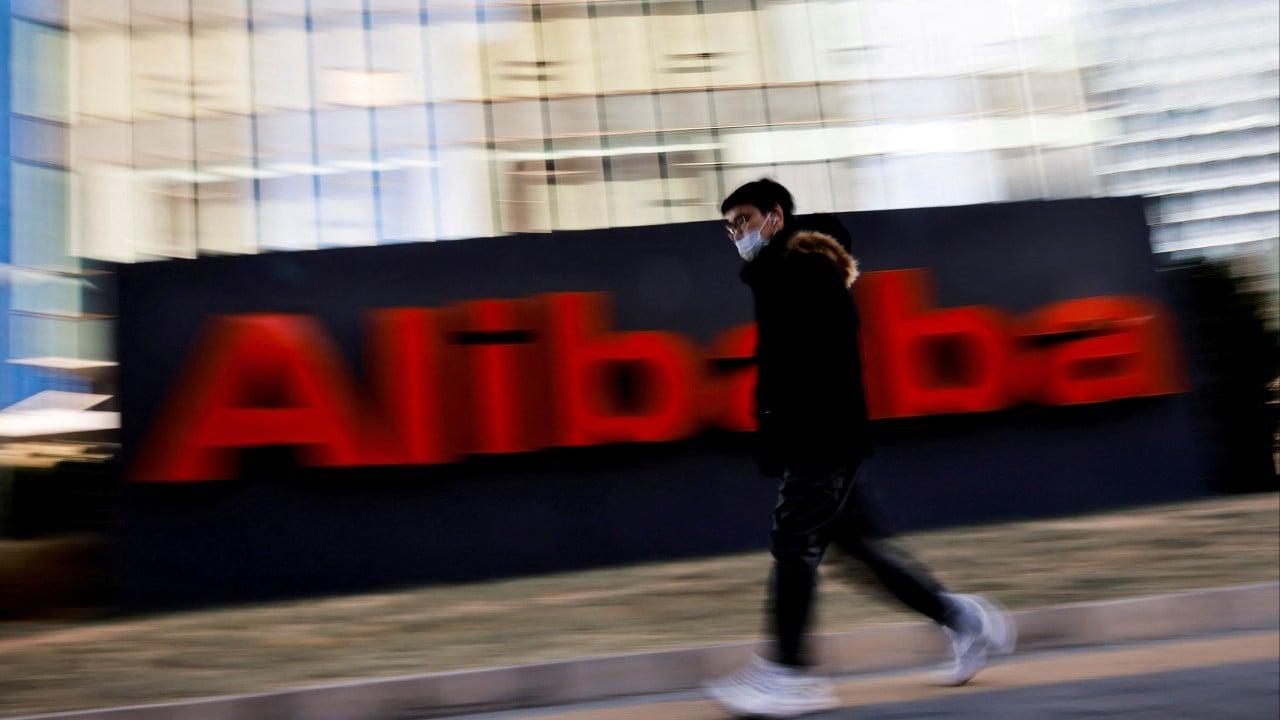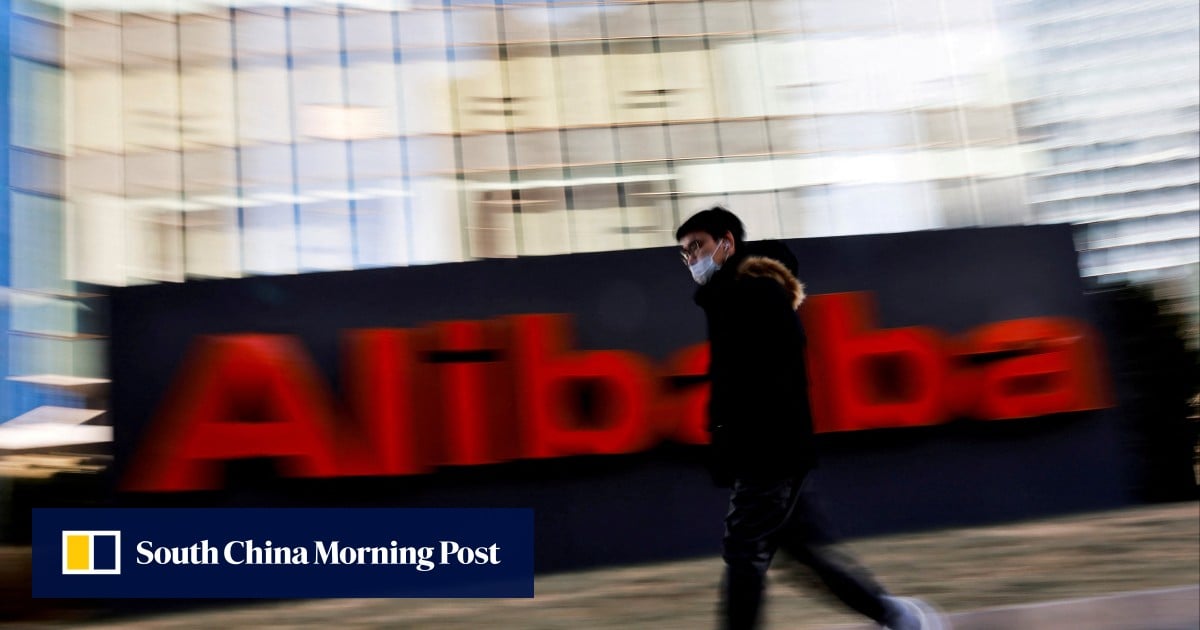

The country’s central bank is exploring ways to help the technology industry. The People’s Bank of China will study financial support measures for the healthy development of tech companies, Ma Jianyang, an official with the PBOC, told a news briefing in Beijing on Friday, without elaborating.
And Didi Global, one of the highest-profile victims of the clampdown, may gain approval to relaunch its apps as soon as next week, Reuters reported Friday, completing a widely anticipated return to mobile stores.
An abrupt U-turn on strict Covid restrictions in early December has been swiftly followed up by other market-friendly changes. China is ending a two-year ban on Australian coal imports, easing up on tech giants and dialing back the stringent “three red lines” that exacerbated a property meltdown.
The question now is whether the policy overhaul represents a swing toward the flexibility that helped fuel China’s economic rise over the past four decades, or simply a knee-jerk response to a deteriorating economy.
“To me, the news is slightly positive,” said Banny Lam, head of research at Ceb International Inv. “The two have been struggling with the issues of crackdown in recent years. For both Alibaba and Tencent, the government stake could potentially help them to get greenlights to do businesses in new areas and lower the risks of further clampdown by the regulators.”
Chinese state organs have for years invested billions of dollars into high-profile private firms startups from Didi to Jack Ma’s Ant Group. In recent years, as Beijing clamped down on every sphere of the internet, official agencies have also taken nominal stakes of typically 1 per cent – the so-called golden share.
While it’s unclear how Beijing will ever exercise that holding, analysts have speculated that, beyond gaining a seat or voice at the table, it could also help the government with access to important data. TikTok-owner ByteDance and Weibo are among the major internet firms to have disclosed that sort of arrangement.
With assistance from Jeanny Yu, Li Liu and Jill Disis.

